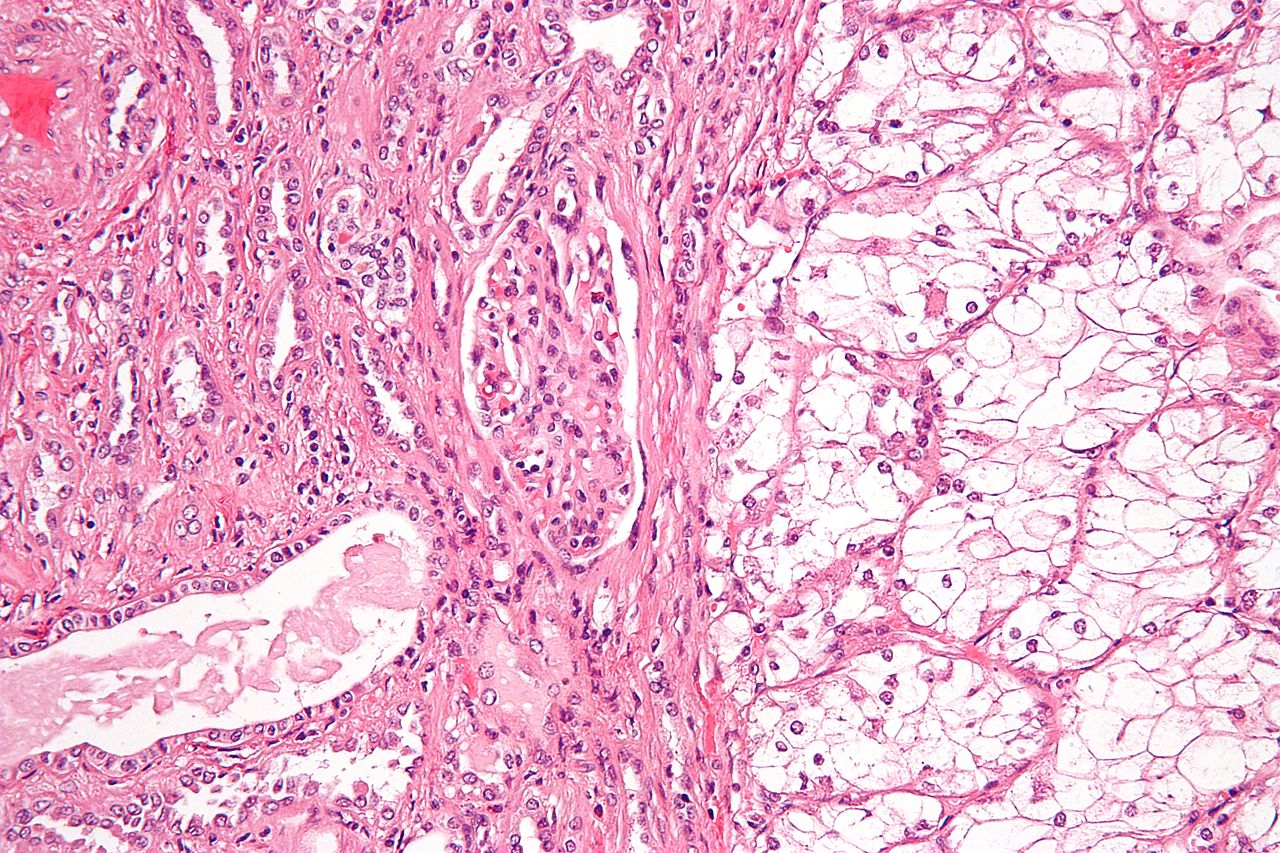
Bristol Myers Squibb (BMS) and Exelixis have reported that an Opdivo (nivolumab) and Cabometyx (cabozantinib) combination showed significant improvements across all efficacy endpoints in the Phase III CheckMate -9ER trial for advanced renal cell carcinoma (RCC).
CheckMate -9ER is an open-label, randomised, multi-national trial involving 651 patients.

Discover B2B Marketing That Performs
Combine business intelligence and editorial excellence to reach engaged professionals across 36 leading media platforms.
The primary endpoint was progression-free survival (PFS), while secondary endpoints included overall survival (OS) and objective response rate (ORR).
Statistics show that more than 140,000 people die per year due to RCC globally, making it the most common type of kidney cancer in adults.
The study showed that Opdivo plus Cabometyx reduced the risk of death by 40% when compared to sunitinib in previously untreated advanced RCC patients.
Patients administered with the combination demonstrated double median PFS against those on sunitinib at 16.6 months and 8.3 months, respectively.

US Tariffs are shifting - will you react or anticipate?
Don’t let policy changes catch you off guard. Stay proactive with real-time data and expert analysis.
By GlobalDataFurthermore, the combination showed a superior ORR with 56% of the participants responding to the combination versus to 27% of those in sunitinib group.
In addition, 8% on the combination therapy achieved a complete response compared to 5% under the sunitinib arm.
Data showed that the combination therapy led to a longer duration of response than sunitinib, with a median duration of 20.2 months versus 11.5 months, respectively.
Across the pre-specified International Metastatic Renal Cell Carcinoma Database Consortium (IMDC) risk and PD-L1 subgroups, consistency was observed in all the key efficacy data.
The results also showed that the combination was well tolerated. The incidence of treatment-related adverse events (TRAEs) was found to be slightly higher in the combination arm than in the sunitinib group.
Bristol Myers Squibb Oncology Development vice-president and interim head Nick Botwood said: “With the promising results from CheckMate -9ER, we hope to bring the highly efficacious combination of Opdivo and Cabometyx to patients with advanced renal cell carcinoma for whom an immunotherapy plus tyrosine kinase inhibitor regimen is chosen.”
The trial is sponsored by BMS and Ono Pharmaceutical, while Exelixis, Ipsen and Takeda Pharmaceutical jointly funded the study.
Last month, BMS reported positive data from the Phase III CheckMate -743 trial of Opdivo plus Yervoy in previously untreated, unresectable malignant pleural mesothelioma (MPM).





